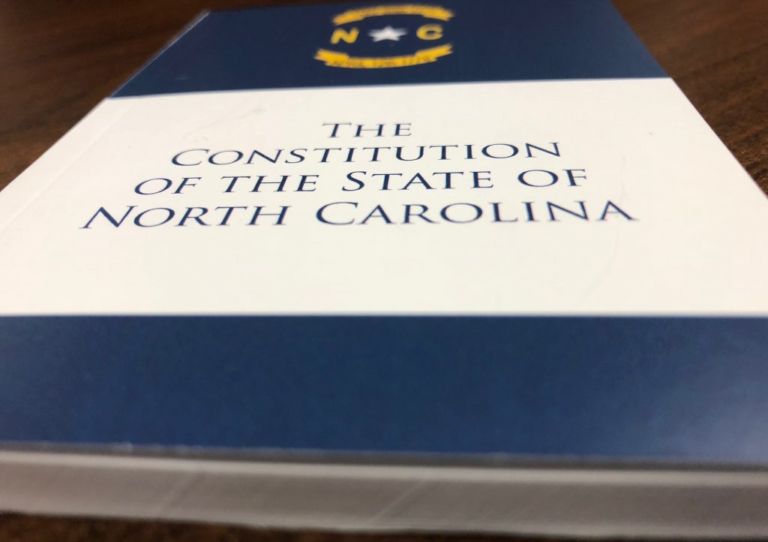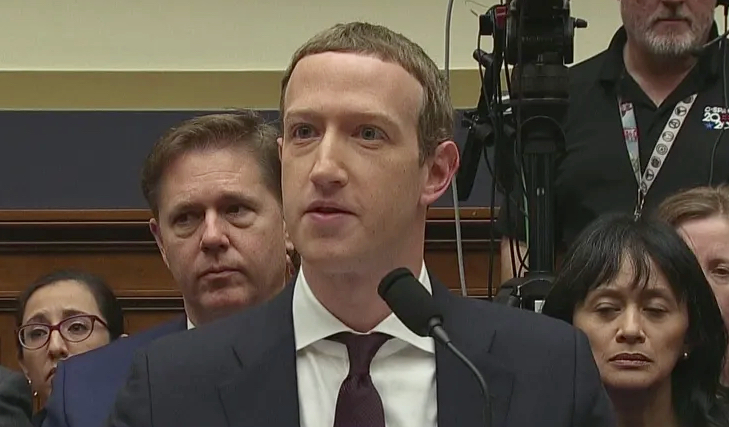Ahead of an election, a national government is using its resources to create and mobilize voters from among those who are dependent on government aid.
If that news were coming out of Brazil ahead of its October 2 presidential election, observers would rightly be outraged. However, the use of government agencies to create and mobilize voters is not coming from Brazil but the United States federal government ahead of the November 8 midterms (The Federalist):
When President Biden ordered all 600 federal agencies to “expand citizens’ opportunities to register to vote and to obtain information about, and participate in, the electoral process” on March 7, 2021, Republican politicians, Constitutional scholars, and election integrity specialists began to worry exactly what was up his sleeve…
Biden gave each agency 200 days to file their plans for approval by none other than Susan Rice, his hyperpartisan domestic policy advisor. Yet fully nine months after those plans were due, they are all being hidden from the public, even as evidence is emerging that the election operation is in full swing…
Mobilizing voters is always a political act. Choosing which groups to target for Get Out The Vote efforts is one of the most important activities done by political campaigns. Federal agencies that interact with the public by doling out benefits can easily pressure recipients to vote for particular candidates and positions. Congress passed the Hatch Act in 1939, which bans bureaucrats and bureaucracies from being involved in election activities after Democrats used Works Progress Administration programs and personnel for partisan political advantage.
We have already seen the partisan impact of supposedly neutral voter mobilization spending. Evidence in North Carolina and nationwide demonstrates that private “Zuck bucks” election administration funding benefitted Democrats and targeted Democratic-leaning areas.
Government a Tool for Left-Wing Political Mobilization Efforts
We are now seeing something similar, but this time with the resources and power of the federal government. And at least one leftist organization is neck-deep in the project, working inside the federal government (again, The Federalist):
Conservatives may be in the dark, but left-wing activist groups are fully involved in the plot. The left-wing dark money group Demos put out press releases immediately after the executive order was issued, saying it would be happy to work with federal agencies on the project.
And then the group admitted publicly that it “organized agency-based working groups and met with the staff in these agencies to provide technical expertise as they developed their initial voter registration plans, to ensure those plans reflect the knowledge and priorities of various agency stakeholders.” It also admits it “developed research and resources to assist and advance agency efforts to implement robust voter registration opportunities, including a slide deck explainer of the agencies’ potential for impact, best practices for conducting voter registration at federal agencies, and recommendations for modernizing and improving the accessibility of Vote.gov.”
That is the kind of public-private partnership that undermines trust in elections.
We have seen something similar in North Carolina with the cozy relationship between the North Carolina State Board of Elections (SBE) and the left-wing group Democracy NC during the tenure of former SBE Executive Director Gary Bartlett (Civitas):
For the first two decades of its existence, Democracy NC was essentially the personal vehicle of liberal activist Bob Hall, who used it to infiltrate the North Carolina State Board of Elections (SBE) with the cooperation of then SBE Executive Director, Gary Bartlett.
The Hall-Bartlett partnership led to SBE and Democracy NC becoming intertwined to the point where the writing of SBE voter guides was outsourced to Hall in 2004. Bartlett and Hall also coordinated lobbying of the General Assembly for more money for the SBE in 2012.
The relationship was cozy enough for Hall to ghost-write a recommendation letter for Bartlett to place on SBE letterhead supporting Democracy NC’s bid for grant money.
What to do
The long-term solution for the federal government’s political mobilization program is for Congress to pass legislation clarifying that the Hatch Act prevents government agencies that provide government benefits or contacts from being used as tools to mobilize the recipients of those benefits or contracts politically.
Until Congress can do so, the federal government’s involvement in political mobilization must continue to be exposed to the public.
(Cover photo is from Gage Skidmore.)


